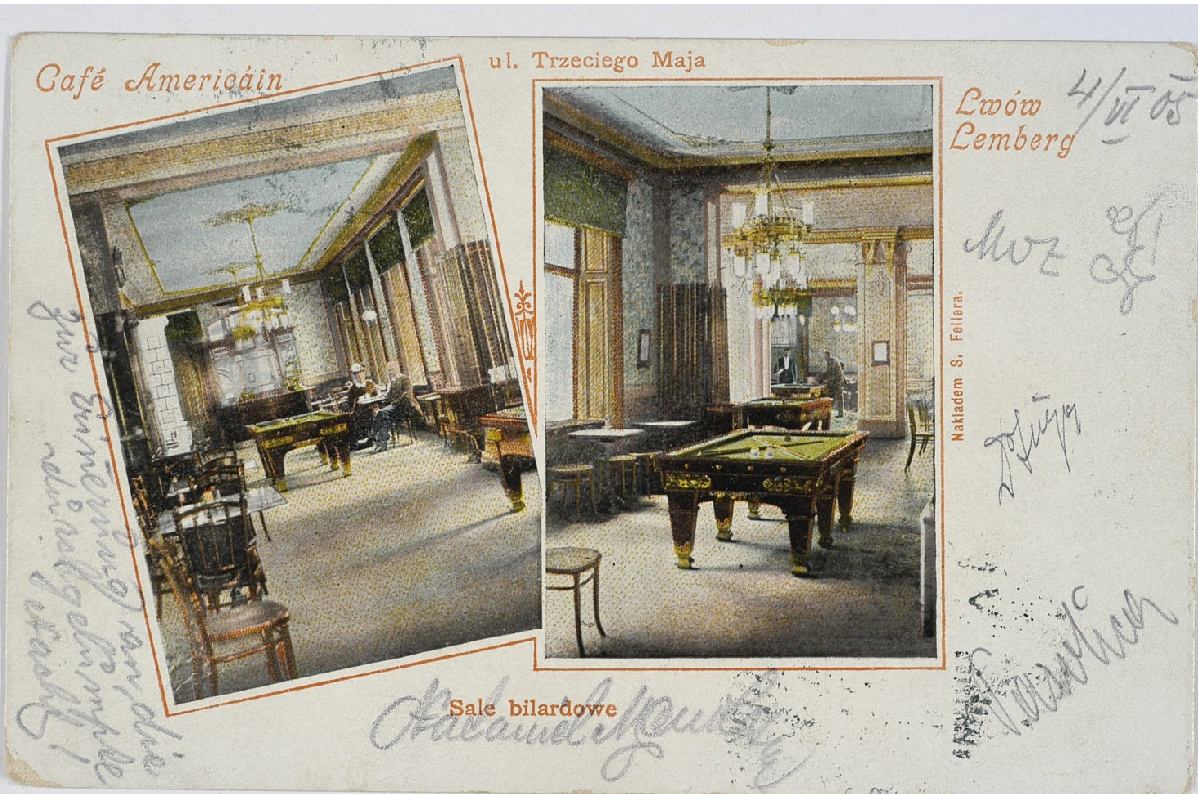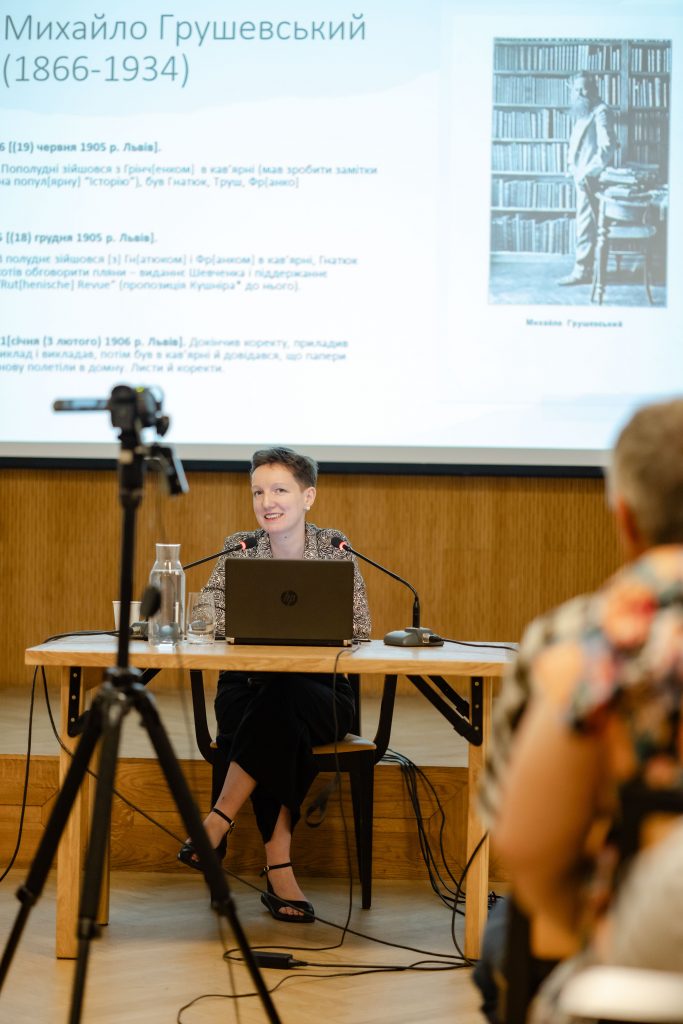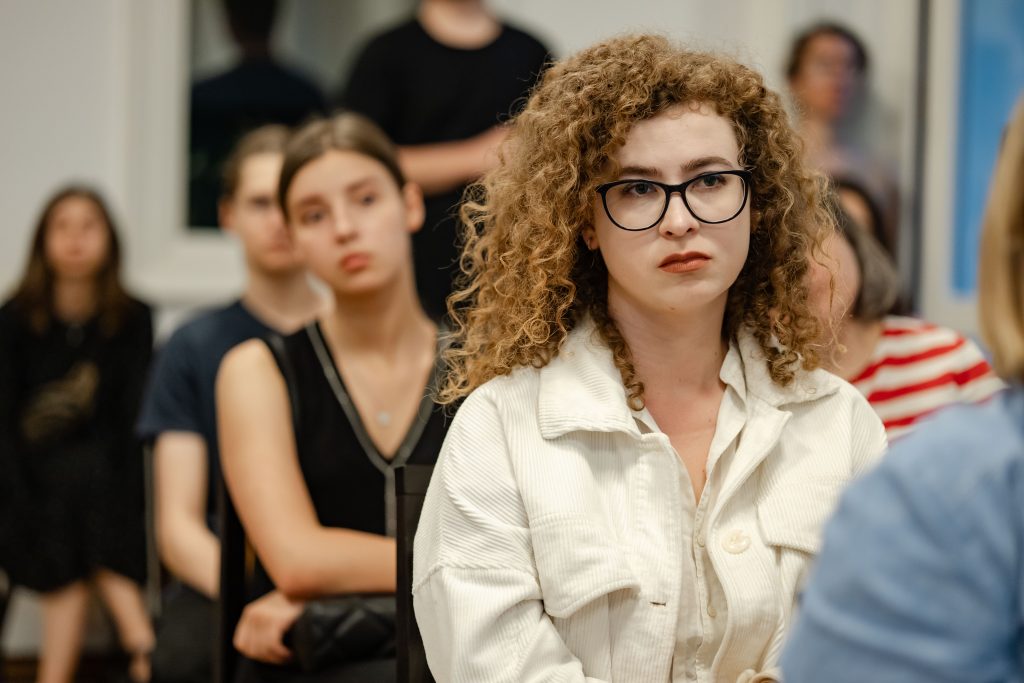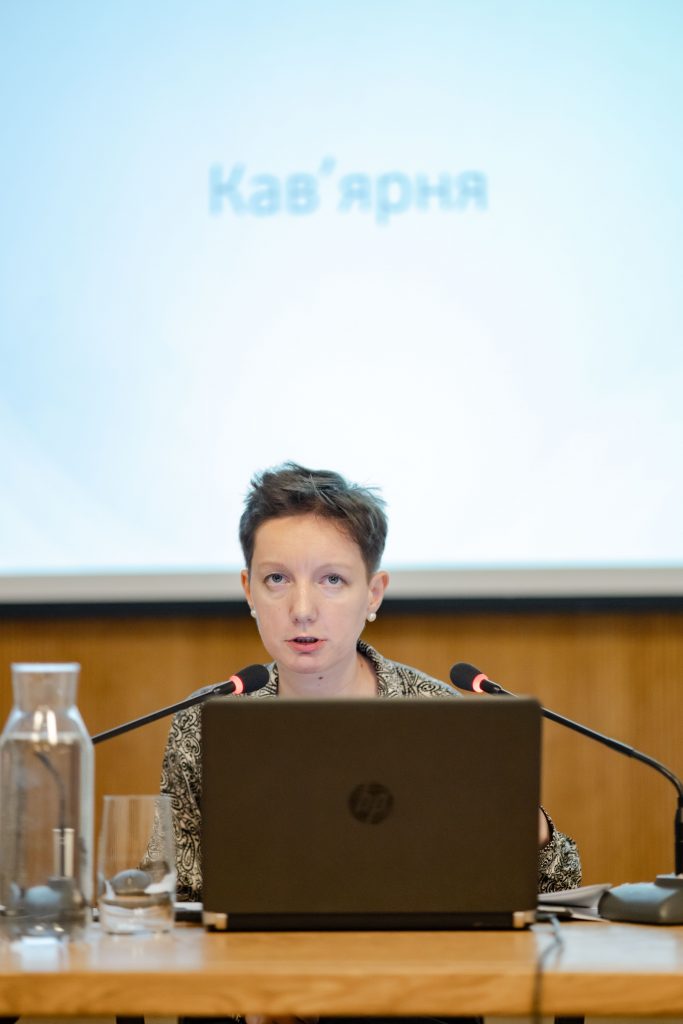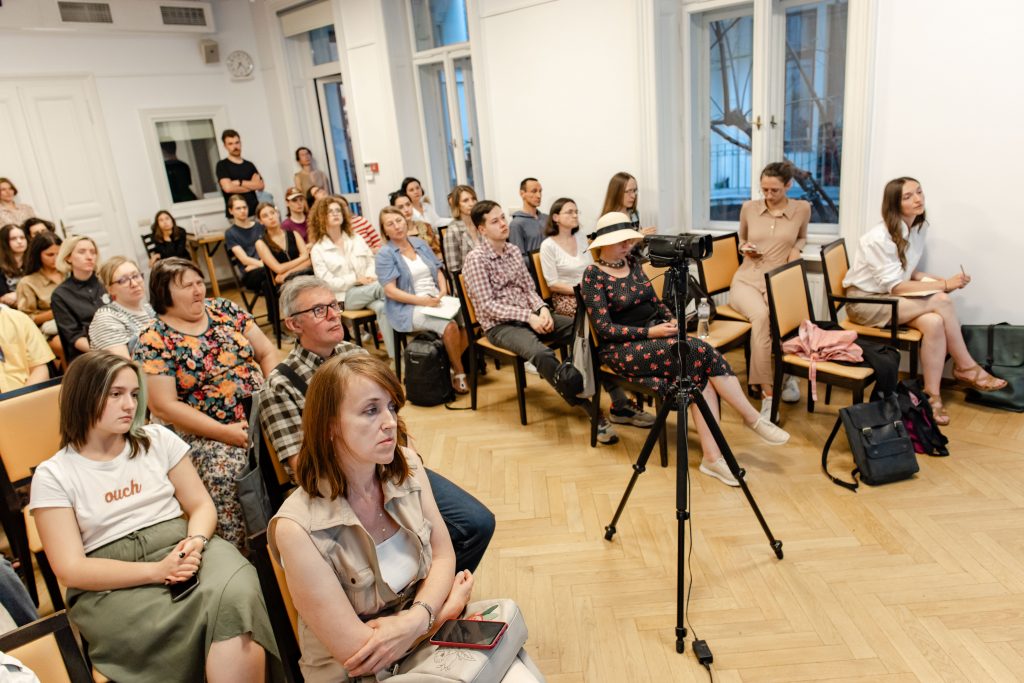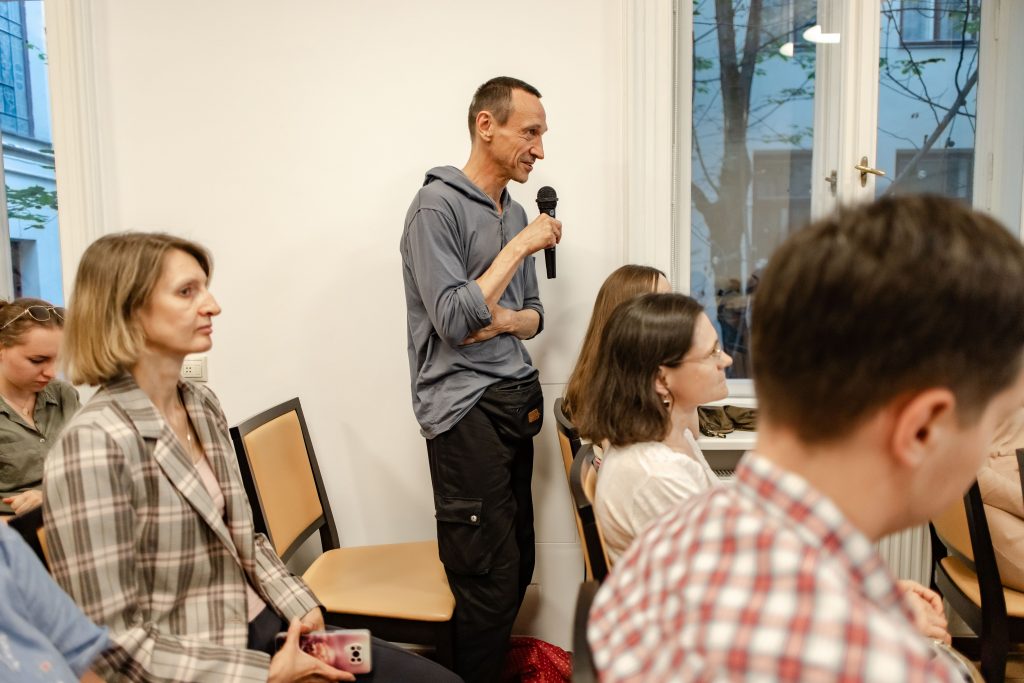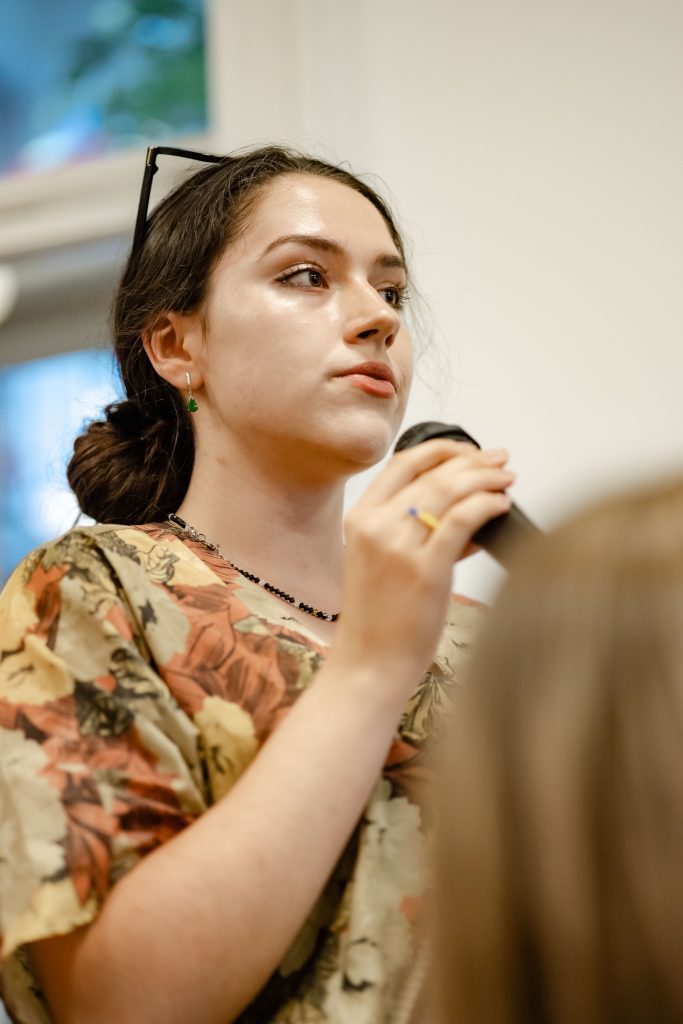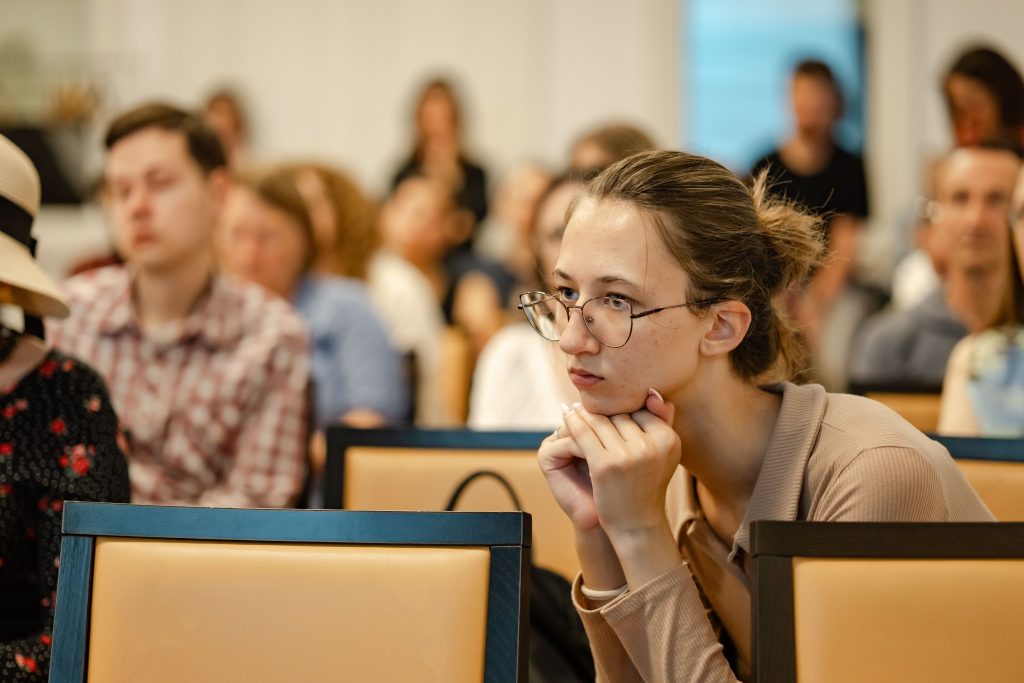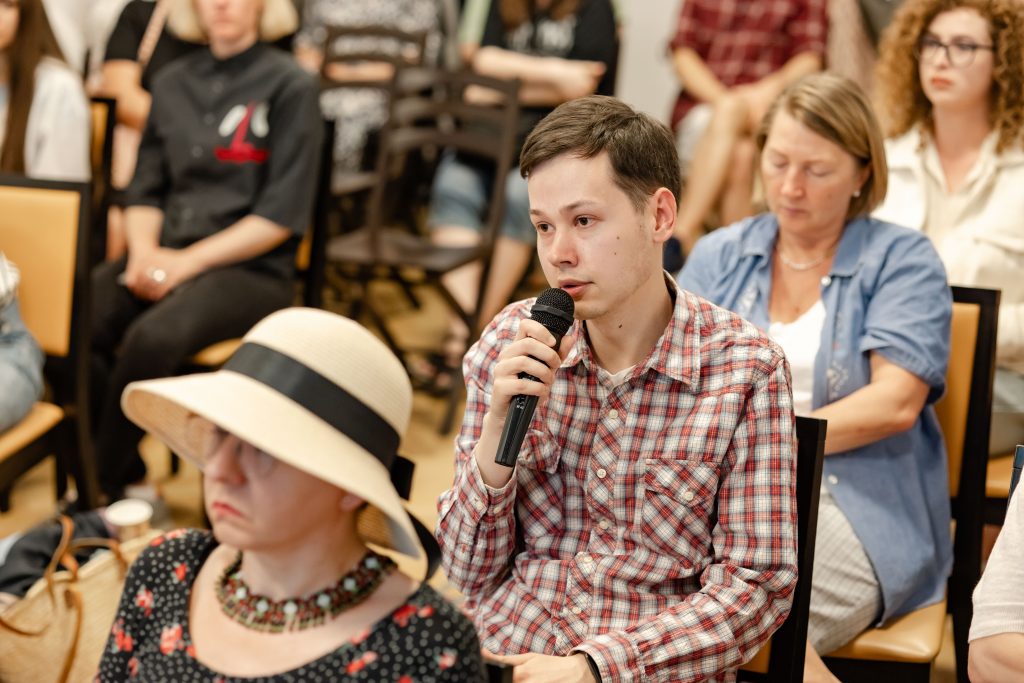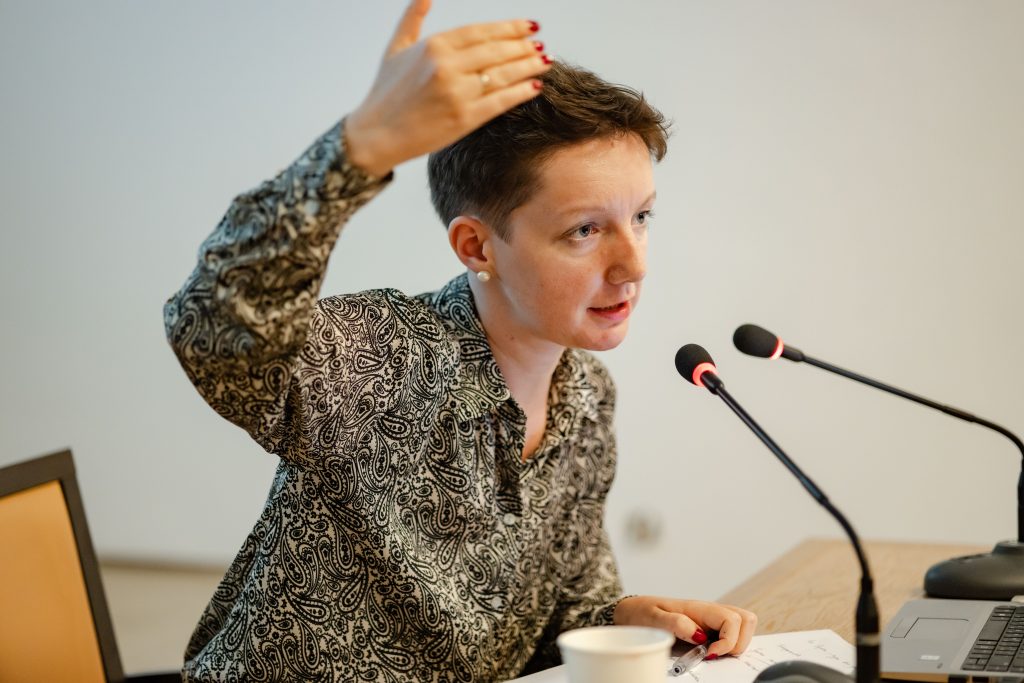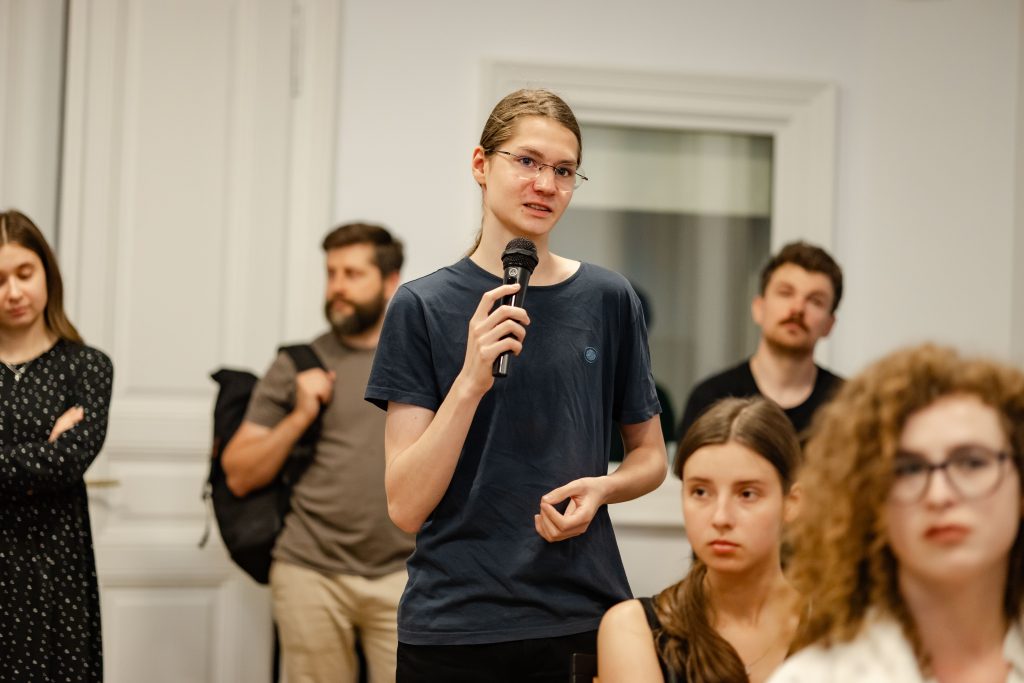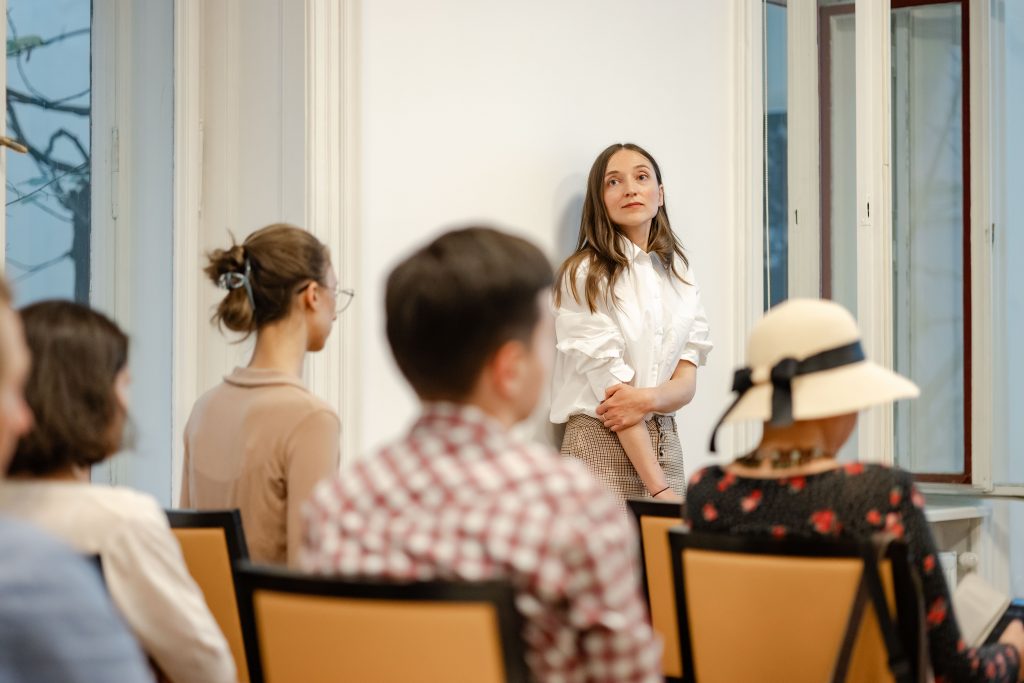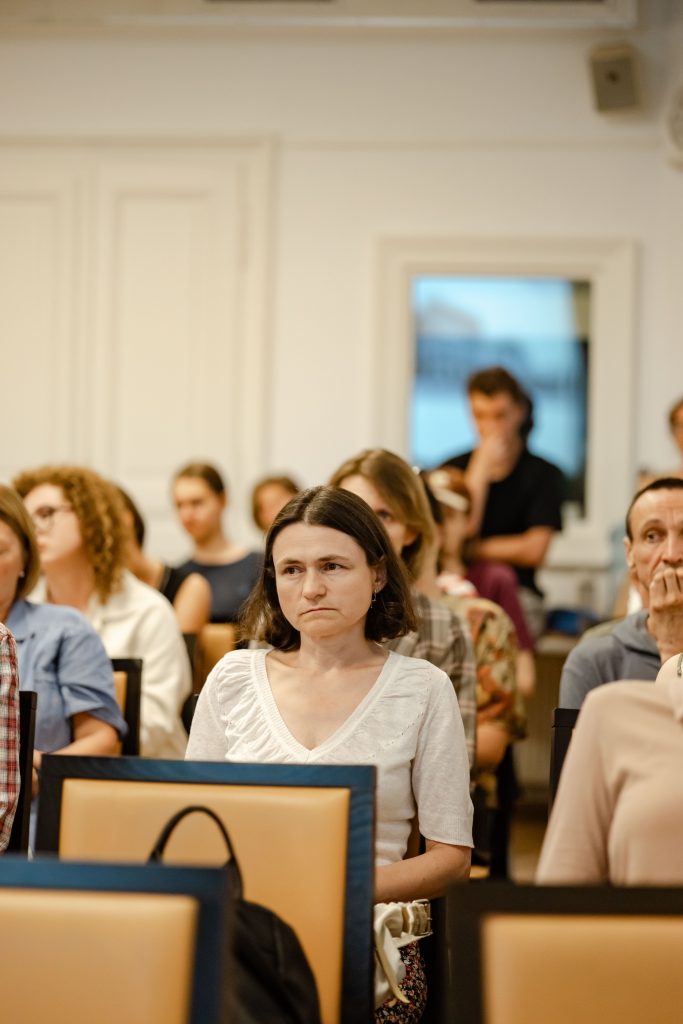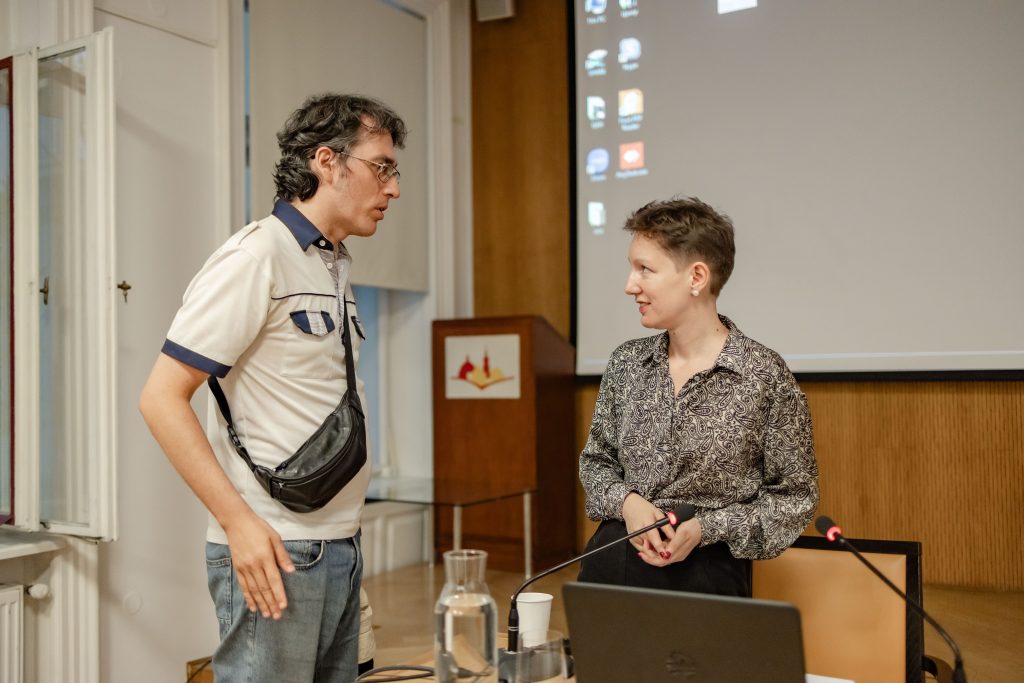Schools, Cafes, Salons: Spaces of Formal and Informal Socialization of The Modern City
Dr Vladyslava Moskalets
Center for Urban History20.7.2023, 18:30
Conference Room of the Center for Urban History / zoom
We invite you to the lecture by Vladyslava Moskalets, which will be held as part of the series of lectures on Lviv's modern experiences "Let's Have a City..."
Lviv of the nineteenth and twentieth centuries acquired the features of a metropolis, a dynamic city full of different environments that interacted with each other. Social divisions between the gentry, middle class, and intelligentsia were reflected in public space. To this were added the differences between the main three national groups-Poles, Jews, and Ukrainians-who sometimes belonged to common and sometimes to different environments.
Numerous ego documents describing Lviv in the nineteenth and twentieth centuries draw attention to the practices of formal and informal socialization, showing its importance for the authors. Initially, the choice of elementary school and gymnasium was often decisive for the formation of both skills and the socialization circle of a person. After the formal socialization in schools, there was also informal socialization, which was manifested in visits and salons. Visits were a complex, ritualized process that required adherence to numerous rules: from choosing a wardrobe to learning the norms of behaviour in conversation. Salons were part of the private space, but the events that took place there could go beyond the boundaries of private life. For example, the Wilde book publishing family organized so-called music salons in their home, with announcements published in the local press.
At the turn of the nineteenth and twentieth centuries, places of "third space," such as coffee shops, became increasingly important. Several books of memoirs devote a lot of attention to them, in particular, analyzing what kind of audience gathered in a particular coffee shop.
In her lecture, the researcher will outline the main types of urban spaces where Lviv elites were socialized, explain how they became a means of unification or otherness, and how they helped reproduce different groups.
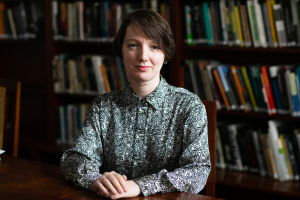
Dr Vladyslava Moskalets
A historian and researcher, at the Center for Urban History, she is conducting a research project on Lviv’s urban elites in the second half of the 19th and early 20th centuries. Since 2016, she has been teaching courses related to 19th-century Ukrainian and Jewish history, consumer history, and Hebrew. Her research interests include 19th- and 20th-century Jewish history of Eastern Europe, consumer history, women’s studies, Yiddish, and linguistic diversity.
Credits
Cover Image: Café Americáin in Lviv / 1905 / Biblioteka Narodowa
Gallery: Bohdan Yemets
